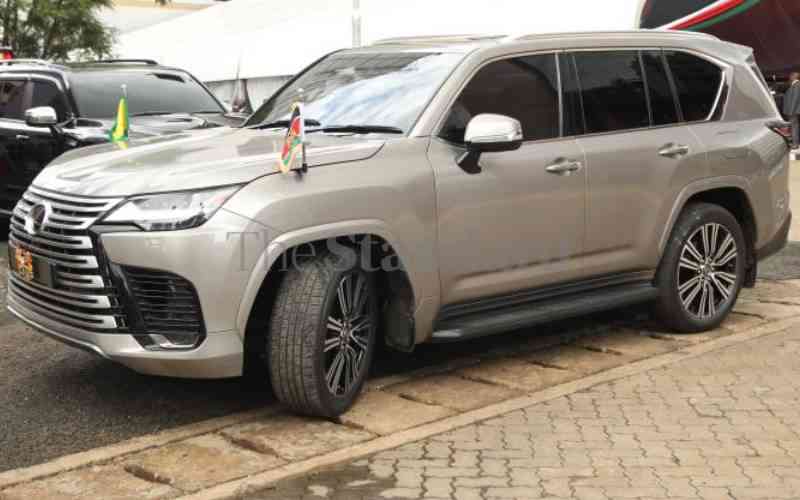×
The Standard e-Paper
Kenya’s Boldest Voice

In Prof Kithaka wa Mberia's book, Kifo Kisimani, Mtemi Bokono is quoted saying 'Leadership comes from God. My authority comes from above. It is God who has placed me on the throne of Butangi. He did that out of his will. He plans to see Butangi be led with wisdom and that is why I am its leader'.
There is even a song recited by Tanya, mother of the main character of the book that goes: Hekima yako Mtemi Bokono kamwe haina kifani (The wisdom of our ruler Bokono has no comparison).